Neuro-Ophthalmology Treatment | Best Neuro-Ophthalmologists Delhi
- An affordable and reliable treatment by top neuro-ophthalmologists.
- Use of advanced technologies for neurological disorders.
- Know more about Neurological Ophthalmology.
FREE Tele-Consultation
Book Appointment or Video Consultation online with top eye doctors
"*" indicates required fields
What is Neuro-Ophthalmology?
Neuro-Ophthalmology is a specialization that blends the fields of neurology and ophthalmology. It usually deals with the complicated systemic diseases that have signed in the visual system.
Neuro-ophthalmologists are liable for the diagnosis and control of complex systemic diseases of the nervous system. Further, it harms vision, eye movements, alignment, and pupillary reflexes. The Neuro-ophthalmology department handles a high number of patients with a broad range of symptoms every day including vision loss, double vision, drooping of eyes, visual field defects, headache, eyelid disorders, facial disorders. The symptoms are not limited to this, there is much more to this.
Common Symptoms That Require Attention
The common symptoms that can imply a neuro-ophthalmological problem involve:
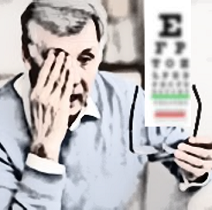
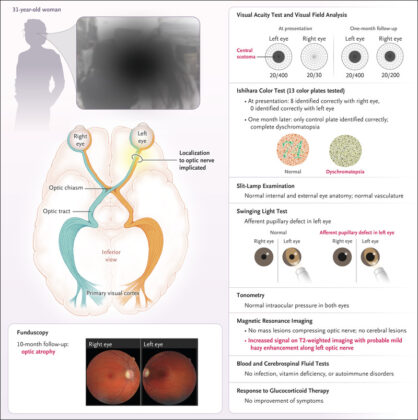


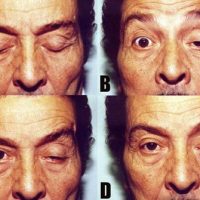

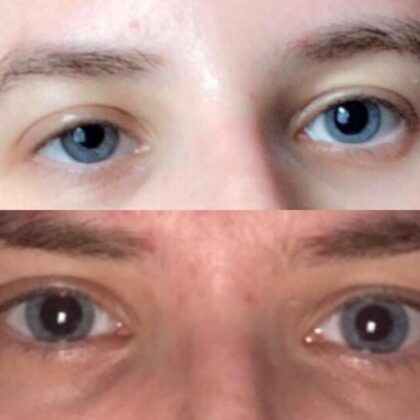

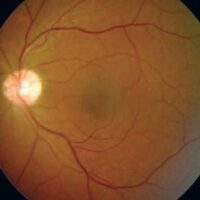


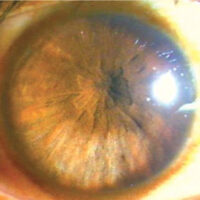
Causes of Neuro-Ophthalmology
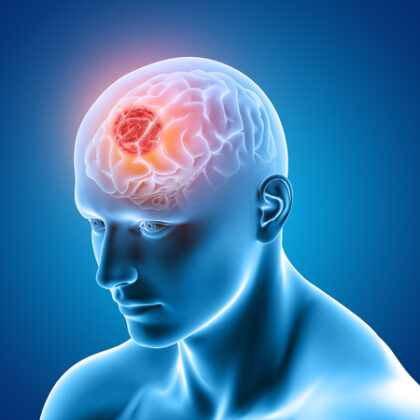
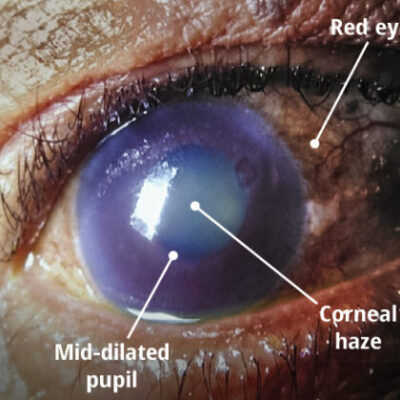
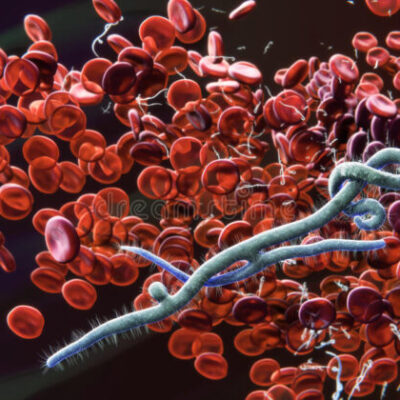
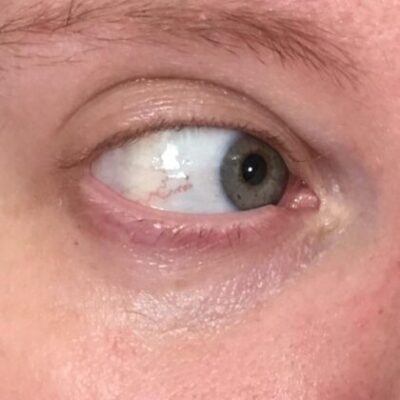
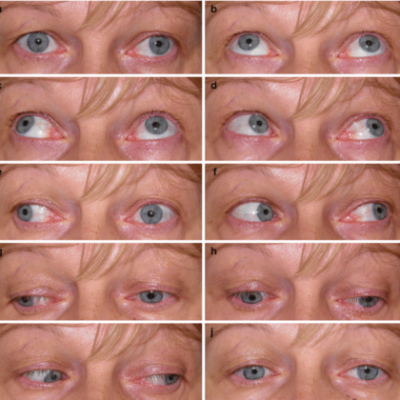
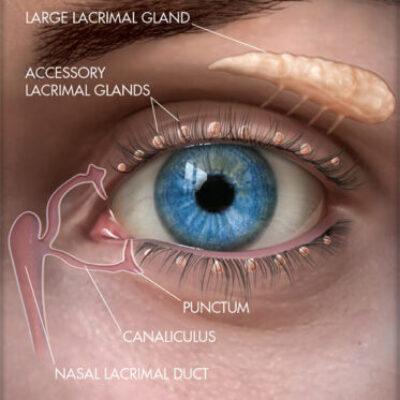
Types of Neuro-Ophthalmology Eye Diseases
The general eye diseases types that are treated plus that need care from a neuro-ophthalmologist comprise:
Optic Neuritis
Optic neuritis is an inflammation that harms the optic nerve. It is a condition that acts as an immediate onset loss. A bunch of nerve fibers that carries visual information from one’s eye to the brain. Pain and temporary sight loss in one eye are usual symptoms of optic neuritis.
Also, it can be due to an autoimmune response or infection. Optic neuritis is usually linked with Multiple Sclerosis.
Papilledema
Papilledema is defined by the swelling of the optic nerve head. The portion of the optic nerve can directly be seen by an eye doctor throughout a retinal evaluation. This happens because of increased pressure from inside the brain. The Reasons could be due to tumors, infections like meningitis, encephalitis, etc.
Toxic Optic Neuropathy
The optic nerve may be harmed due to toxic substances located in tobacco & alcohol. In fact, optic nerve damage is often due to a deficiency of nutrients. Plus deficiency of vitamin B-complex and folic acid also. These diseases are described as reduced vision.
Strabismus Or Squint
The eye displays the limitations of ocular movement. A misalignment of the eye, particularly when sudden in onset. Also, linked with double vision, it is usually due to paralysis of one or more of the small muscles of the eye. This is called paralytic strabismus.
Neuro-Ophthalmology Diagnosis
A complete eye test is always the aid of the disease diagnosis. In enhancement to this, one’s doctor will further recommend certain specific tests to decide and plan treatment. The tests one should go for are :
- Orthoptic evaluation
- Diplopia charting
- Optical coherence tomography of the optic nerve head
- Evaluation of variance sensitivity and color vision
- Neurological visual fields screening
- Evaluation of ocular movements
Treatment of Neurological diseases
Neurological diseases are undoubtedly the most hazardous and threatening diseases that need timely treatments. Here are some possible treatment methods for neurological diseases in the eyes:
Therapeutic Treatment of Neurological diseases
- Amendments in the lifestyle reduce the impact of such conditions.
- Physiotherapy can also help the patients to recover sooner.
- Oral medication as prescribed by your neuro-ophthalmologist can also boost the recovery process.
Our Team

Cataract, Retina, Glaucoma, LASIK

Retina Specialist

Cataract, Retina, Glaucoma, LASIK

Cataract, Retina, Glaucoma, LASIK
FAQ's
The double vision will take about 6 – 8 weeks to resolve. Though it will remain resolve always within that time where diabetes and hypertension are under control. During the painful phase, occluding on the eye with an occluder fixed on the glasses or a patch can temporarily reduce the difficulty of diplopia.
Diseases like optic nerve problems, visual field loss, unexplained visual loss, transient visual loss, thyroid eye disease, visual disturbances, double vision, abnormal eye movements, and many more.
People who should visit a neuro–ophthalmologist are those who have a loss of visual acuity, visual field, or color vision due to a problem with the brain or optic nerves.
When the pressure on the brain progresses and prompts the component of the optic nerve inside the eye to swell, the medical condition is called Papilledema.


